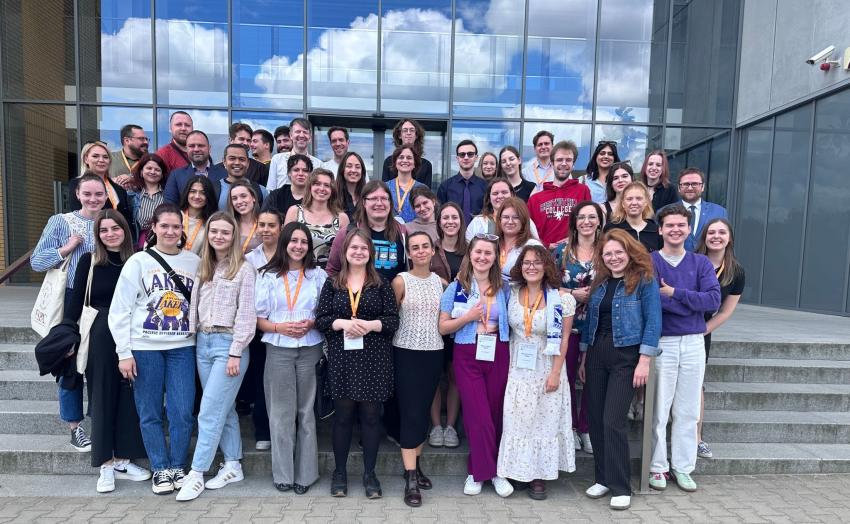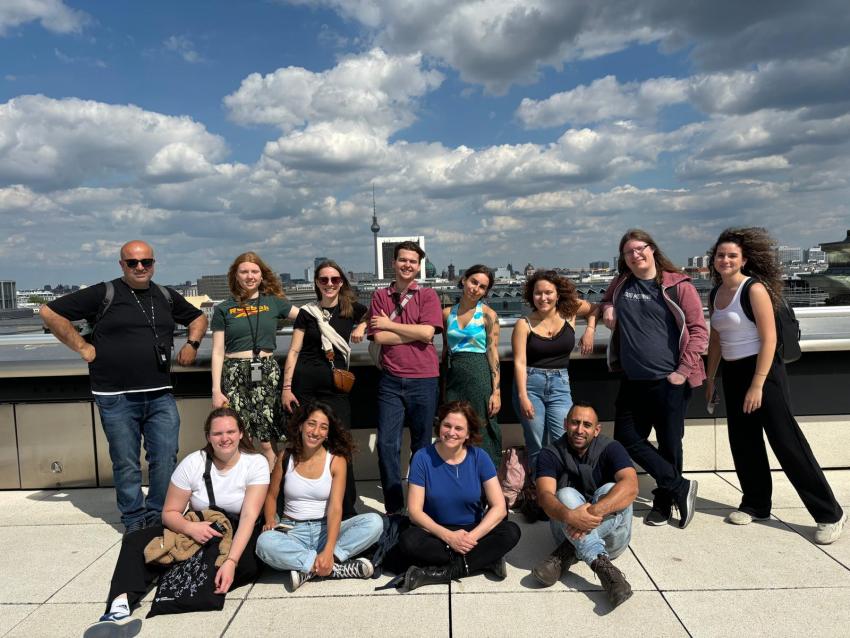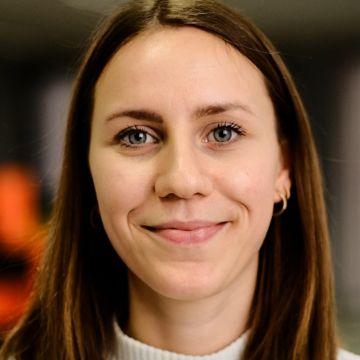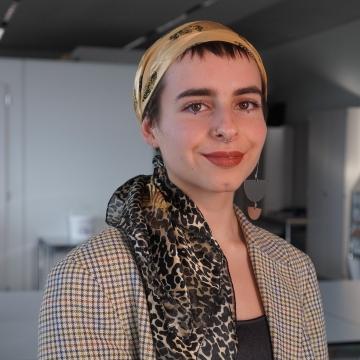The BIP was one of the most professional atmosphere I experienced.
Eight countries and 50 different opinions. But we all worked together like a UN committee to define populism.
Populism as a challenge for liberal Democracies

How did Geert Wilders in the Netherlands manage to gain first attention and then power? What has the Rumanian populist party AUR has in common with the German AfD? Why are populist politicians so successful on TikTok?
Discussing these questions with a comparative approach proved very instructive for the students from Poland, Romania, Denmark, the Netherlands, Germany, Israel and Spain who met at the Adam Mickiewicz University in Poznan, Poland, in May 2024.
The aim was twofold: to understand how populism shapes political discourse and to create educational media content about this phenomenon, which is also attractive to young people. The program was carried out as a “Blended Intensive Program” financed by the European Commission under the title "Populism in Political Communication: Reinventing Political Discourse in Contemporary Liberal Democracies, Challenges and Opportunities."
An Israeli group from the Sapir College in Sderot could join the project thanks to the support of a grant of the regional parliament of Baden Württemberg, which also enabled the German and Israeli students spent three very interesting days in Berlin together before traveling to Poznan. "That really helped us, to know each other in the best way and even become friends", resumes Amnon Cohen from Sapir College.

In Poznan participants attended a series of in-depth lectures delivered by professors from the participating universities. These sessions provided a deep understanding of populism, exploring its different forms in various democratic societies and its common thread of claiming to represent the "will of the people" against the so-called ruling elite.
The knowledge gained from these lectures was used to create videos and podcasts which you find here.
The participants' diverse backgrounds ensured a rich variety of perspectives and approaches, confirmed Anni Gebhard from Hoschule der Medien Stuttgart: "My highlight from the time in Poznan was definitely the people. I got to know so many great fellows and learned how to work together with students from different countries. I liked especially that we brought together our talents and competences in the group projects to create the best outcome possible". Amnon Cohen can only agree: "the BIP was one of the most professional atmosphere I experienced.
Eight countries and 50 different opinions. But we all worked together like a UN committee to define populism."
Participants were the Adam Mickiewicz University, Babes-Bolyai University of Cluj-Napoca (Romania), Fontys University of Applied Sciences (Netherlands), Hochschule der Medien (Germany), Leipzig University (Germany), Howest University of Applied Sciences (Denmark), Sapir Academic College (Israel) and the University of Malaga (Spain).




